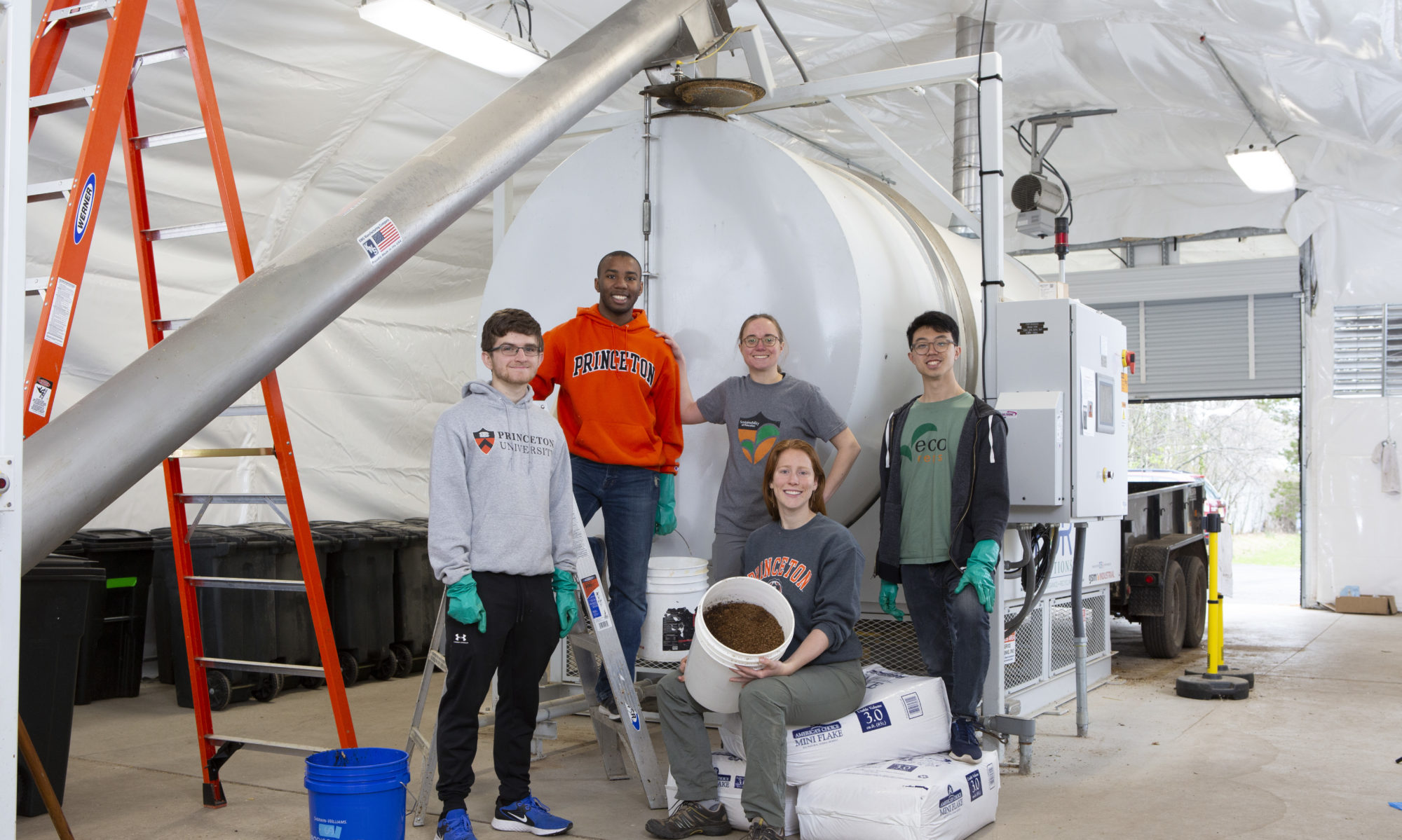Happy Holiday Season!
Before the Thanksgiving break, I attended the New Jersey Composting Council’s annual Organics Waste Summit on November 19th. Included in the topics of the virtual event were legal updates around the state of organics in New Jersey. Read on for highlights:
First, some background:
- To achieve NJ’s goal of reducing statewide emissions 80% by 2050 (from 2006 levels) , emissions from the waste sector must be reduced by 15%
- Waste management was the largest source of non-energy GHG emissions in both 2006 and 2018.
- In 2018, GHG emissions from waste management was over 5 million metric tons CO2e as shown below:

Updates on Recent Organics Recycling-Related Laws & Regulations
Aimed to directly or indirectly advance progress toward the “80×50” goal:
- New Jersey Protecting Against Climate Threats (NJ PACT) – Signed January 2020: Directs the Department of Environmental Protection (DEP) to make sweeping regulatory reforms to reduce emissions and adapt to climate change.
- Commercial Organics Recycling Mandate – Signed April 2020; Regulations Pending; Stakeholder Meetings Anticipated Early/Mid 2021; Mandate Effective October 2021: Establishments (e.g. hospitals, prisons, schools, restaurants, supermarkets) in the state that generate 52 or more tons of food waste annually must arrange for separate recycling if an authorized facility is located within 25 road miles.
- Exemptions to Solid Waste Regulations for Small-Scale Food Waste Recycling Activities – NJDEP Stakeholder Meeting November 2020; Proposal Anticipated Early 2021: Aimed to make regulations easier to comply with for those looking to start micro/community-scale composting operations
- Environmental Justice Legislation – Signed September 2020; Stakeholder Meeting October 2020 (with additional meetings anticipated); Proposal Anticipated Early/Mid 2021: Aimed to prevent new environmentally damaging projects (e.g. landfills) from siting themselves in “burdened communities,” Learn more, including how to participate on the NJDEP EJ website
- Cannabis Legislation – pending after NJ voters approved a ballot question to legalize recreational marijuana in November 2020: Given that waste processing of cannabis residue needs to happen in-state, regulations and processes must be outlined to make sure the residue is diluted and sterilized as is most commonly required by governments in other states where cannabis is legalized. If the residue is combined with organic material, the resulting feedstock can be safely composted by effectively reducing levels of THC in discarded marijuana.
